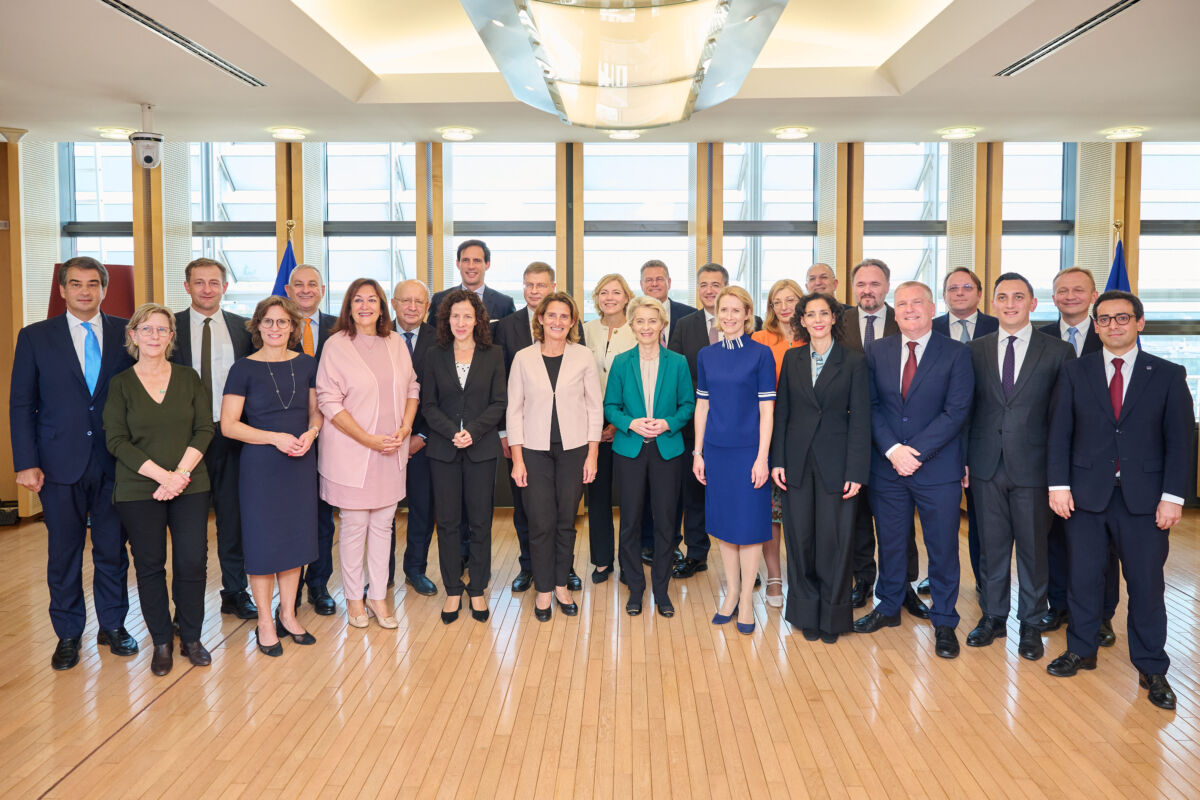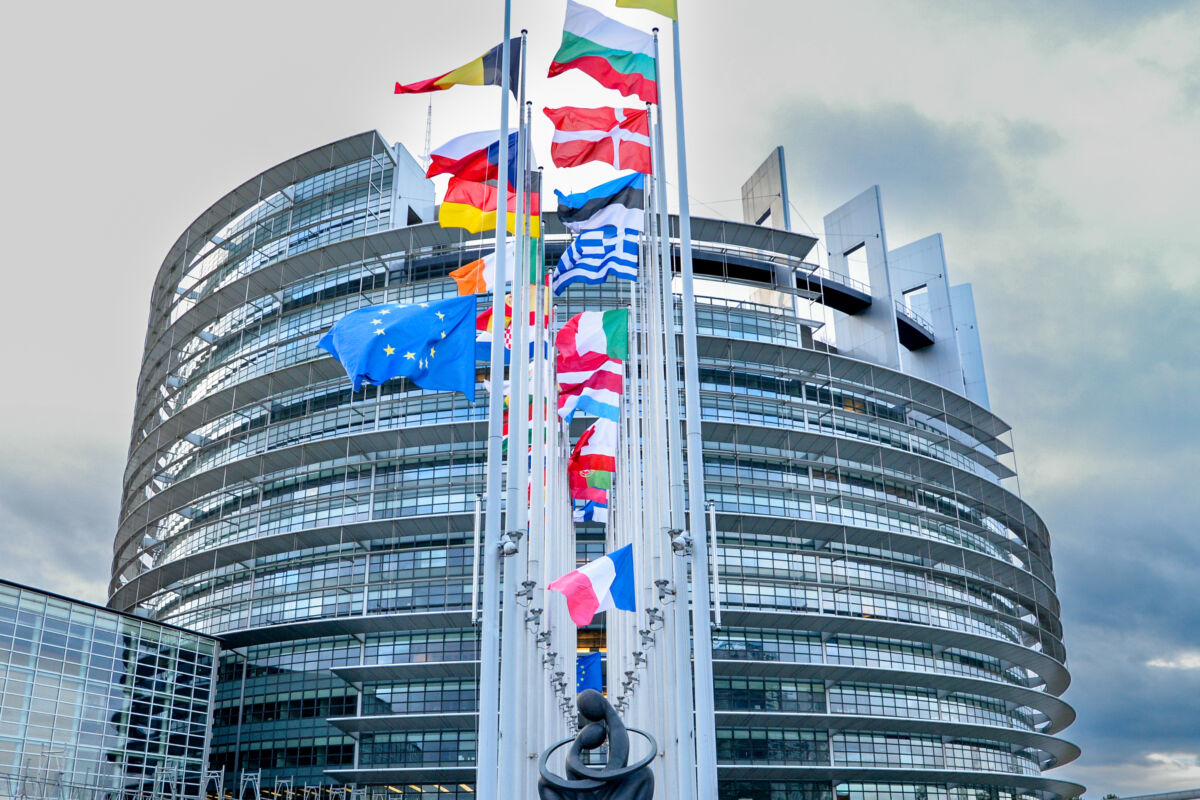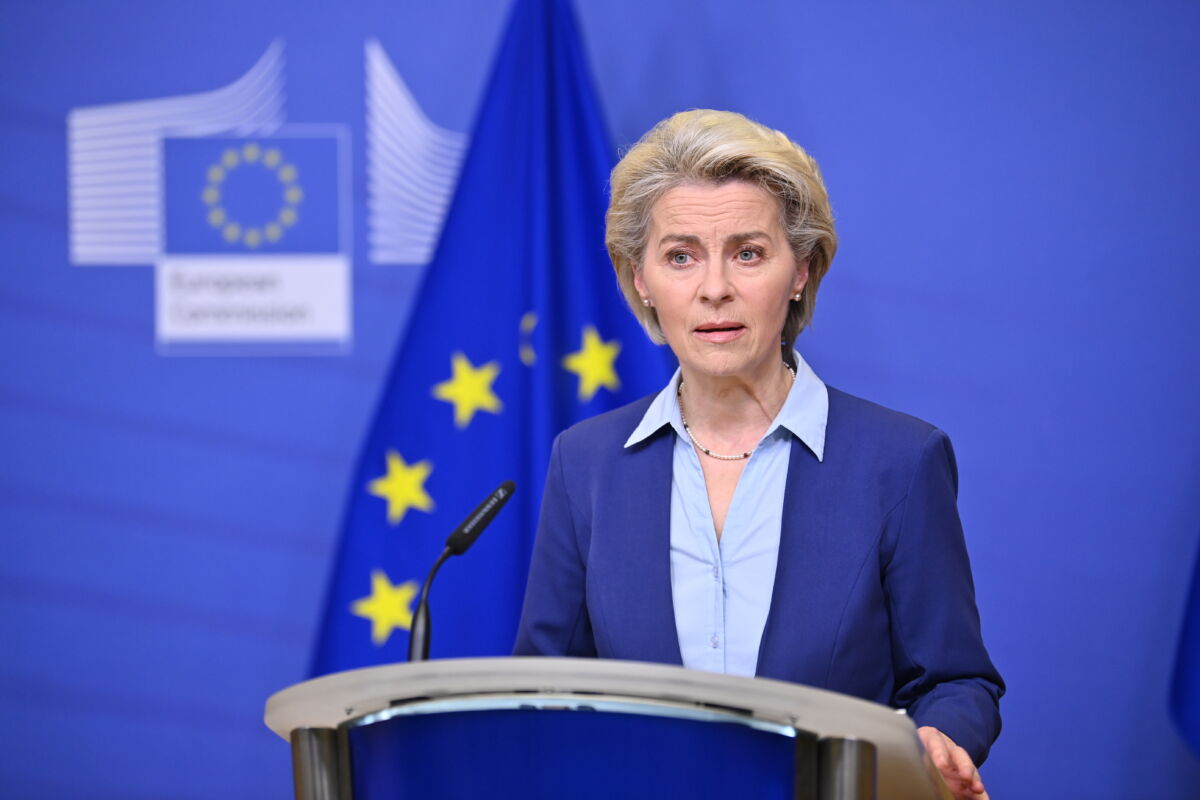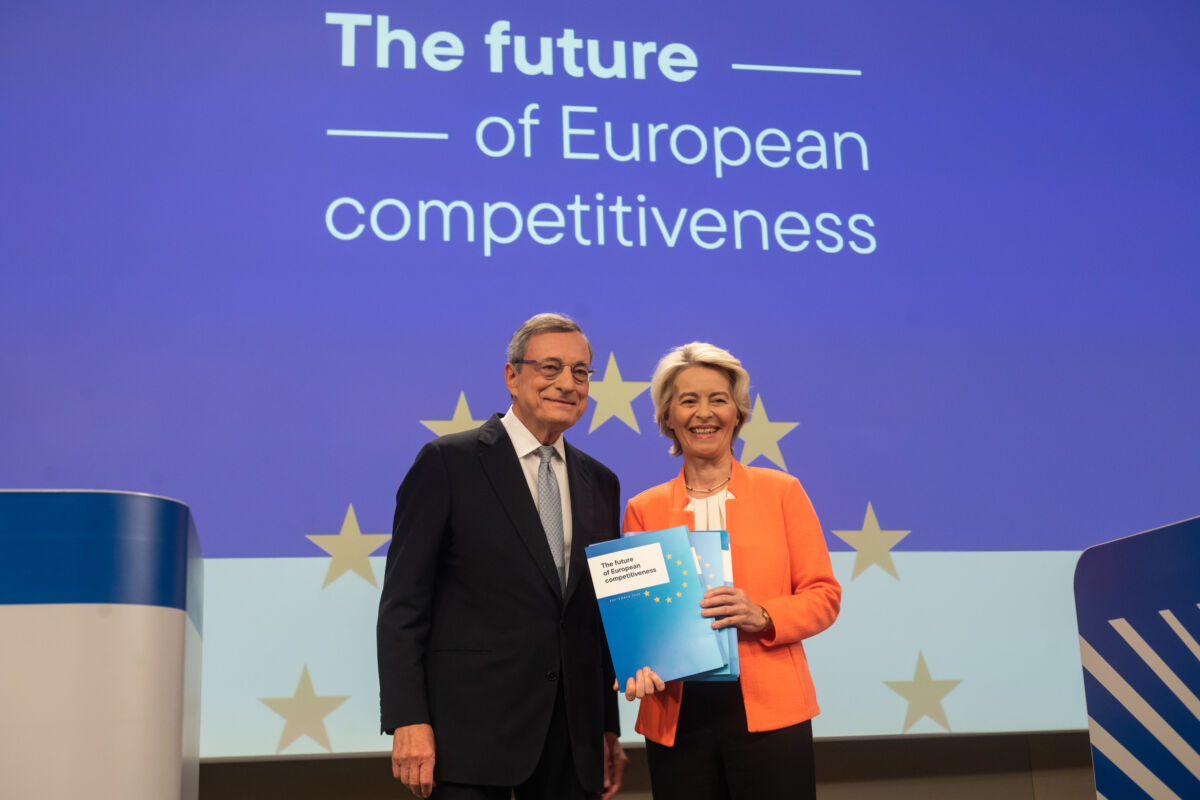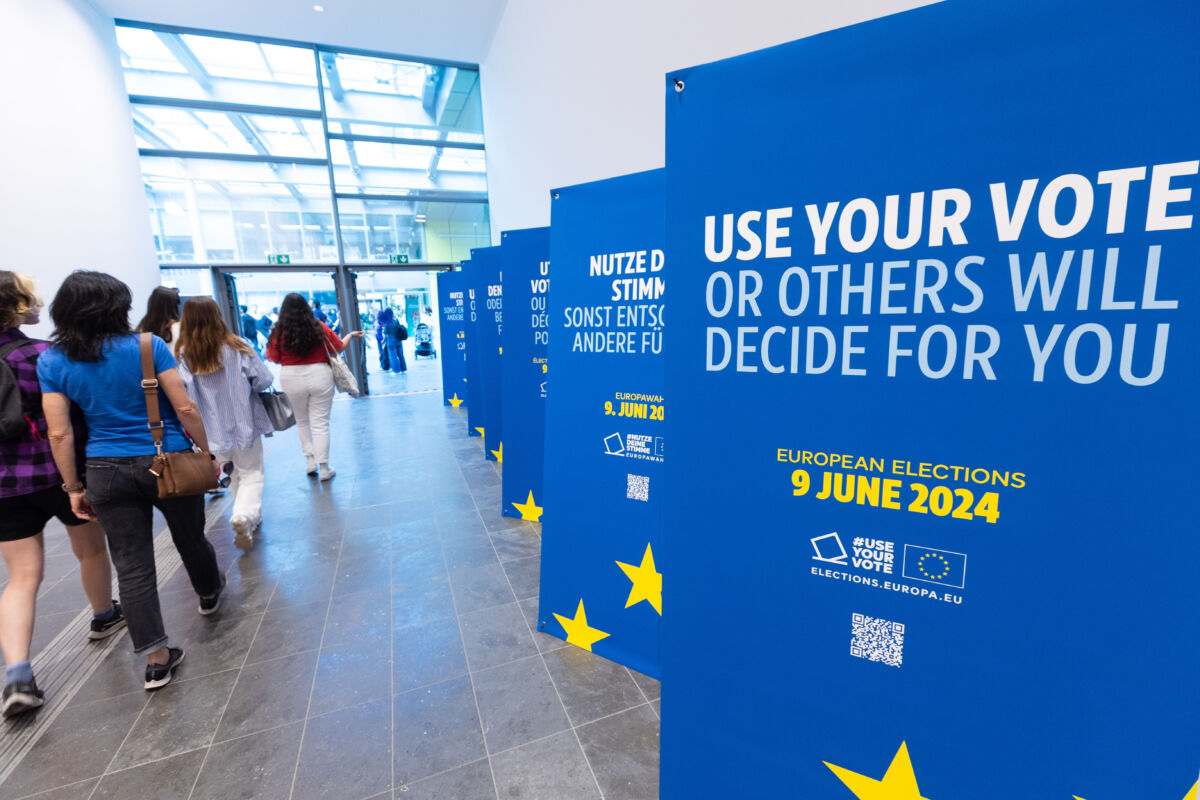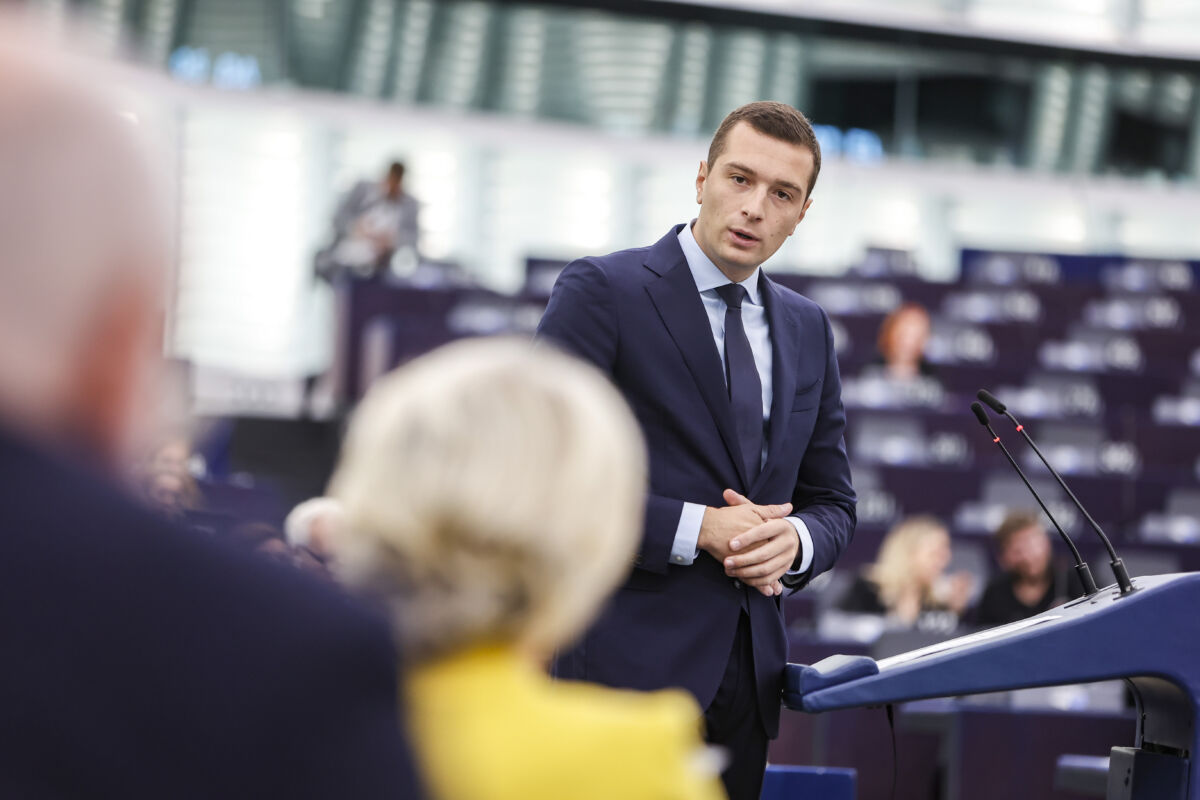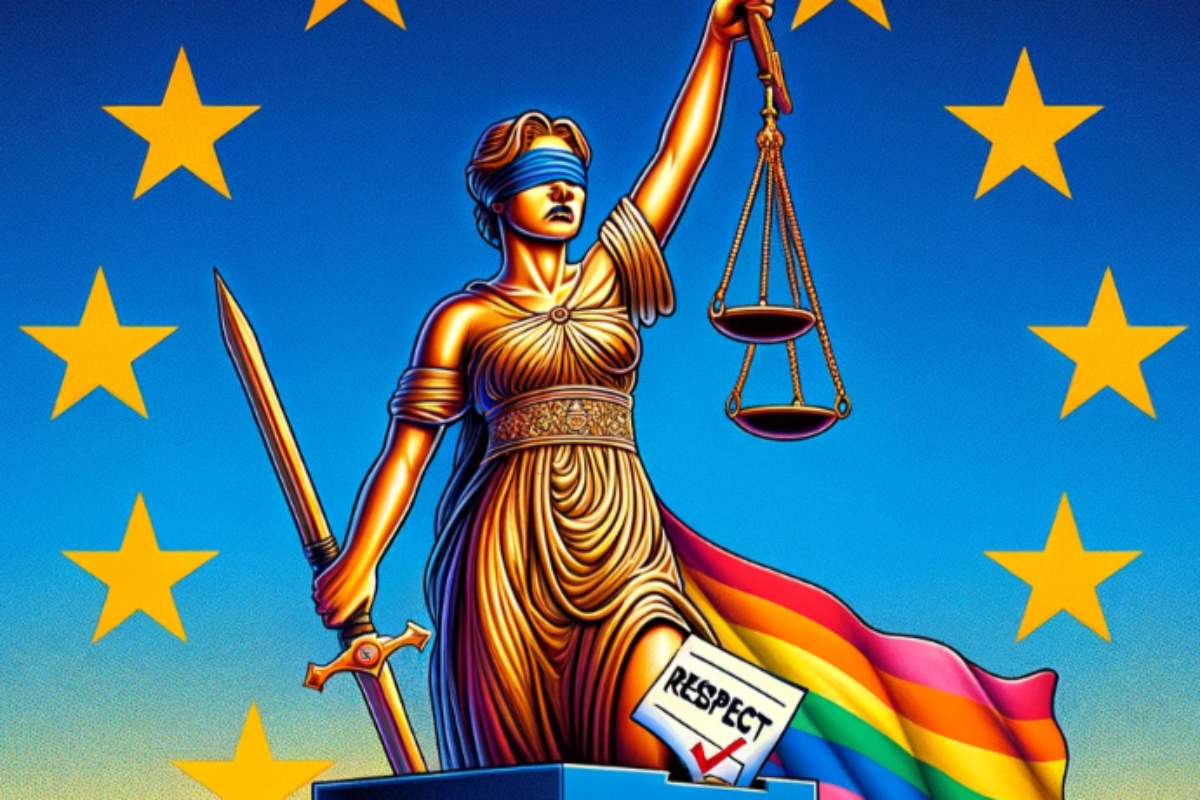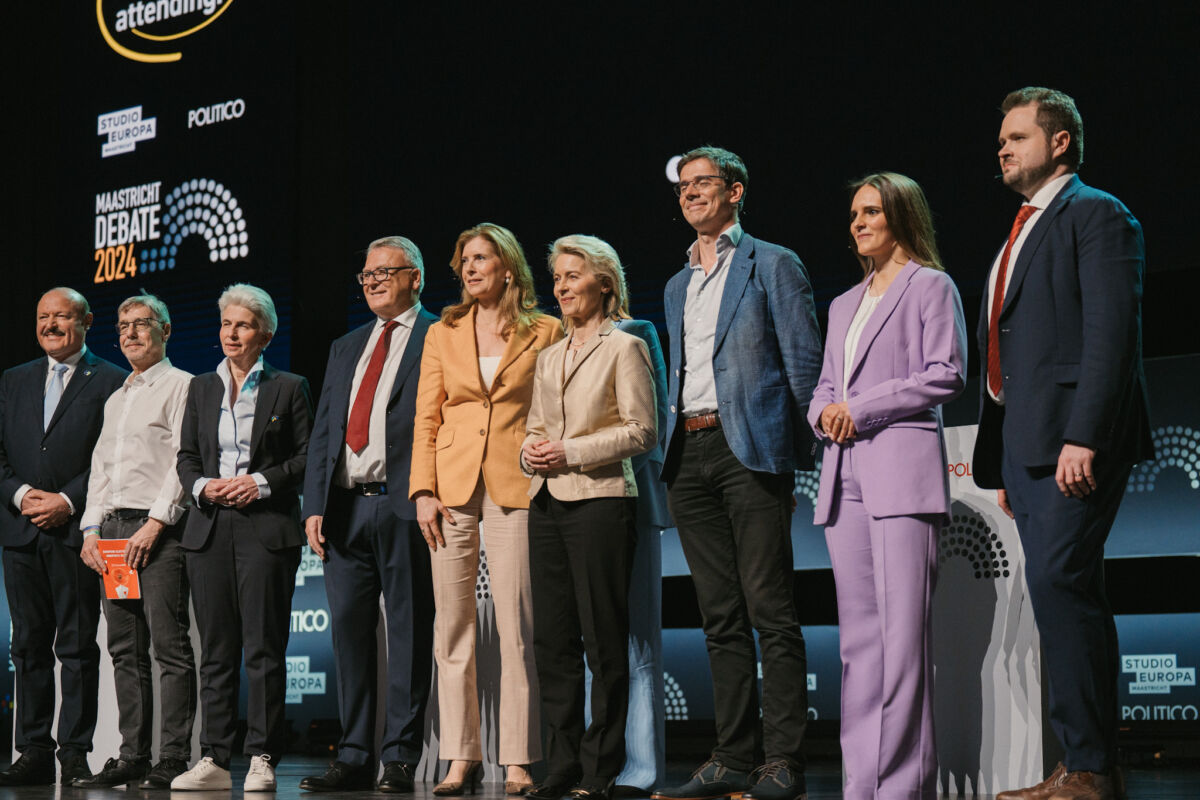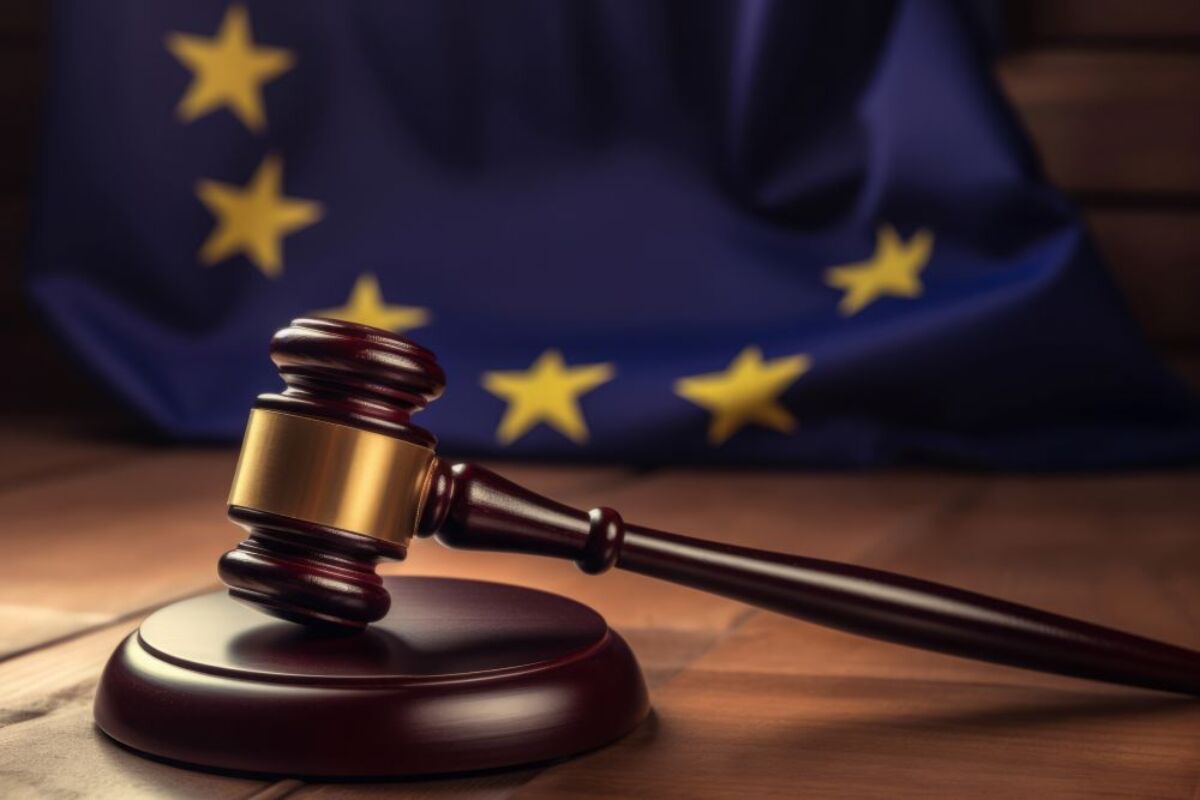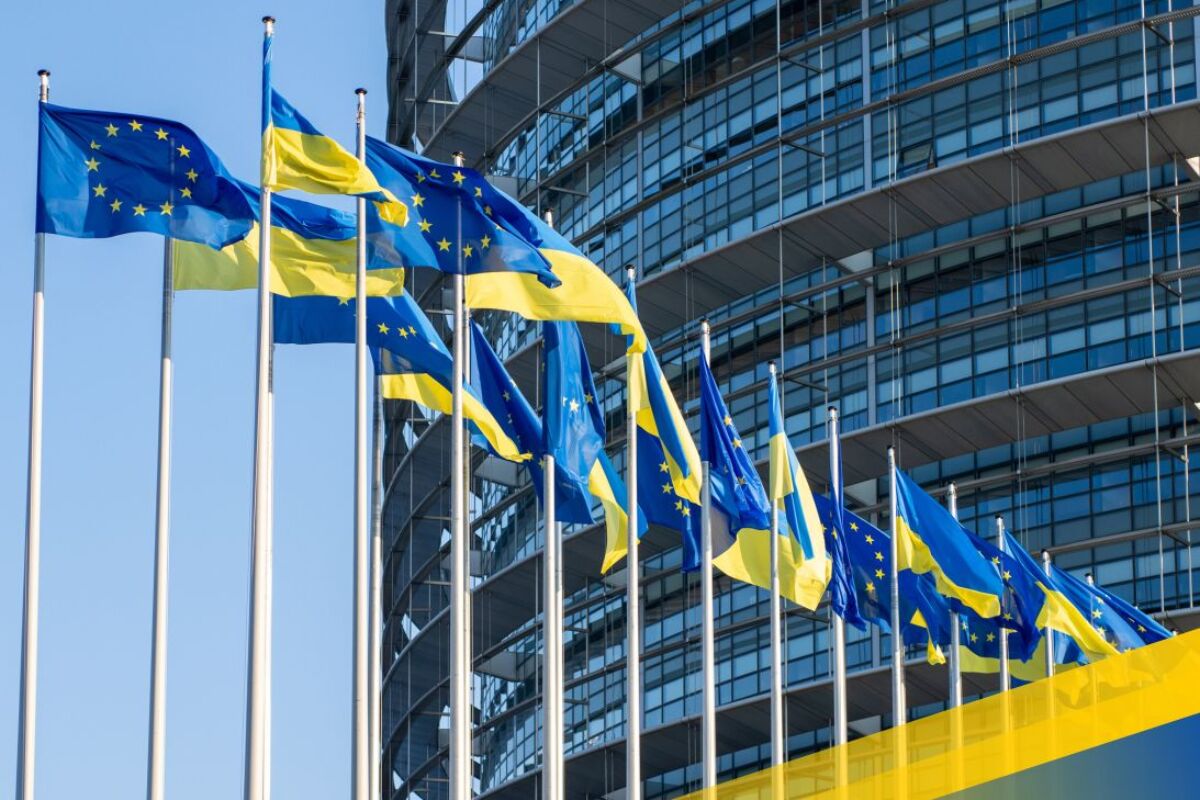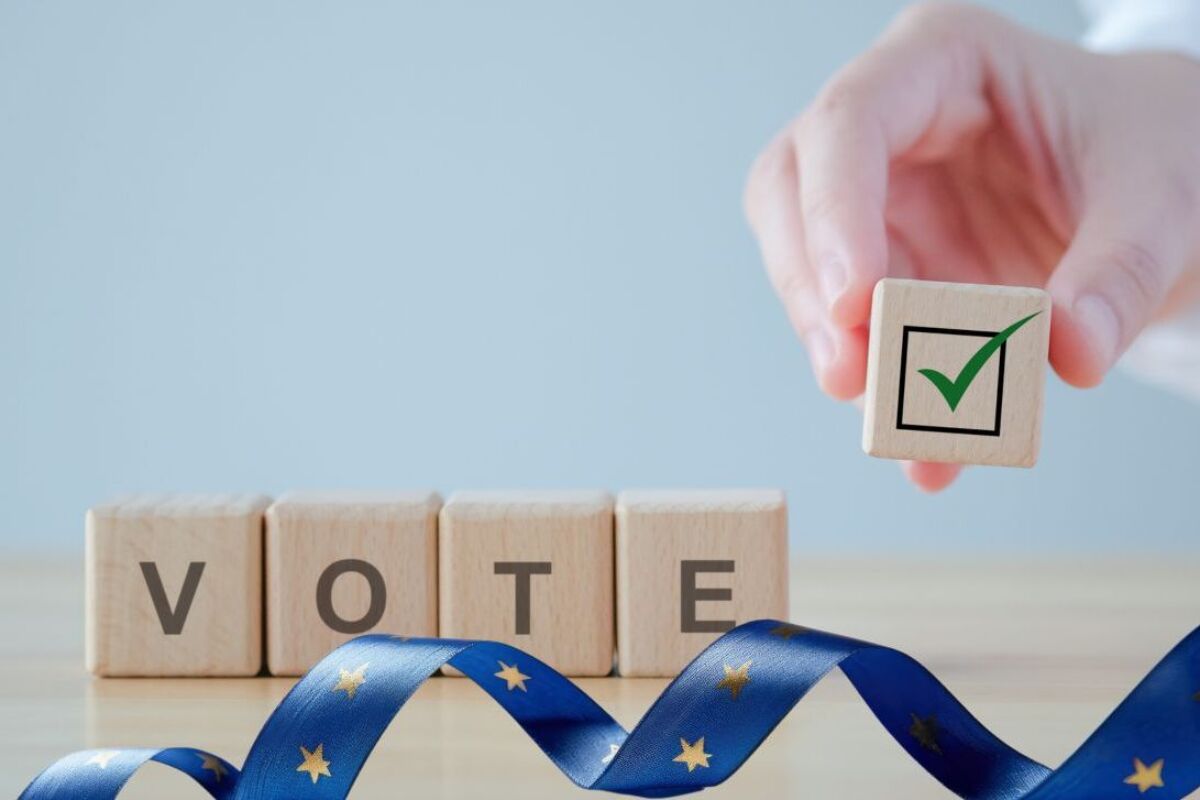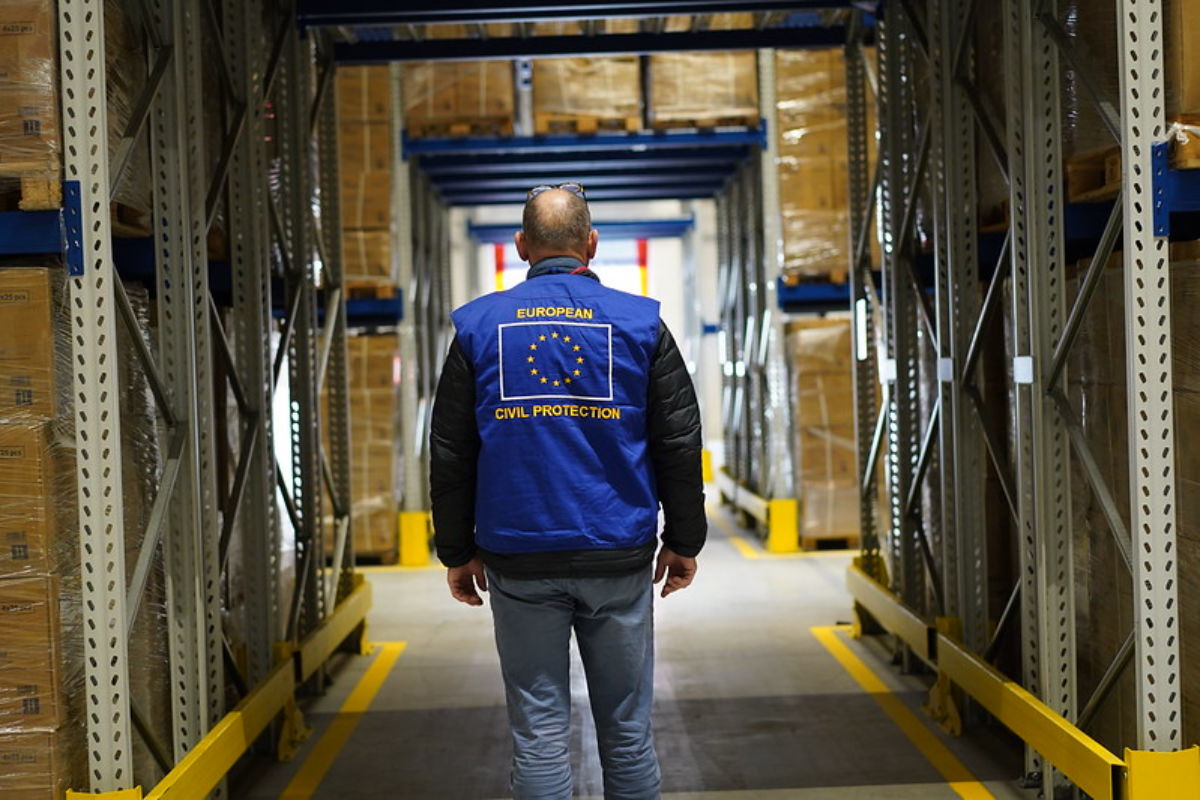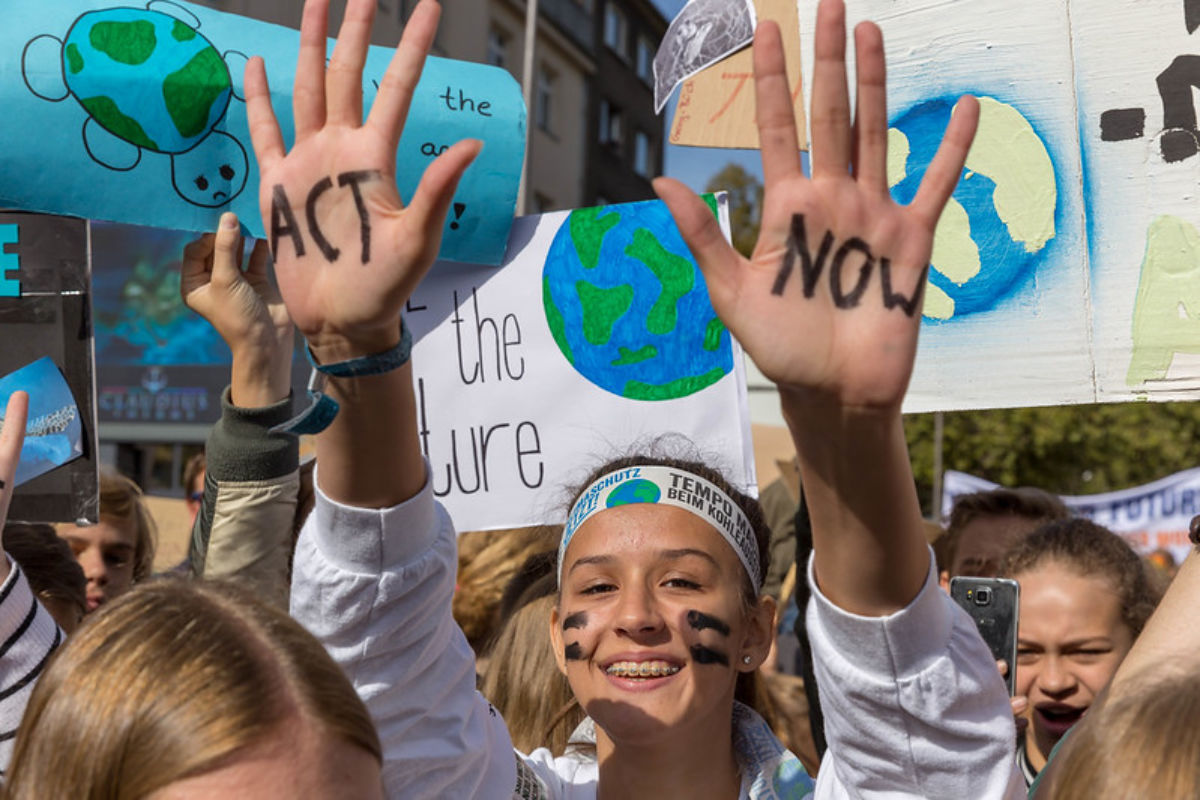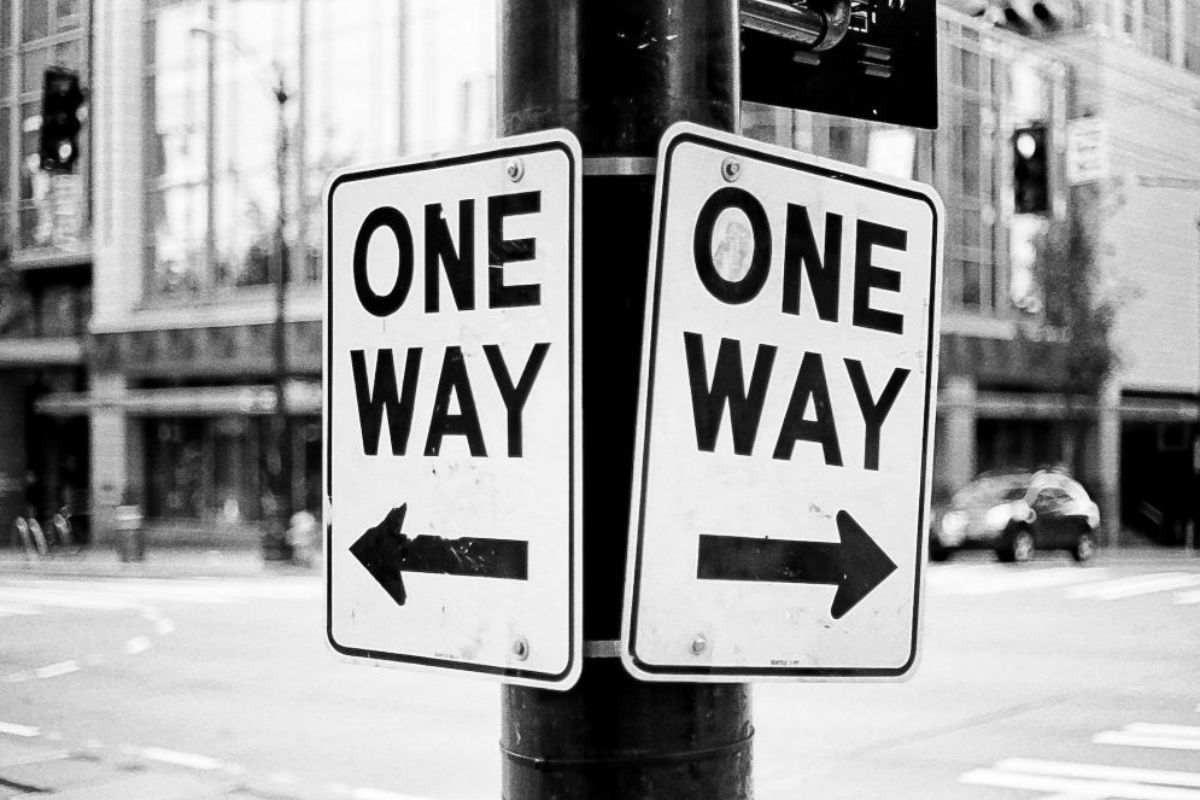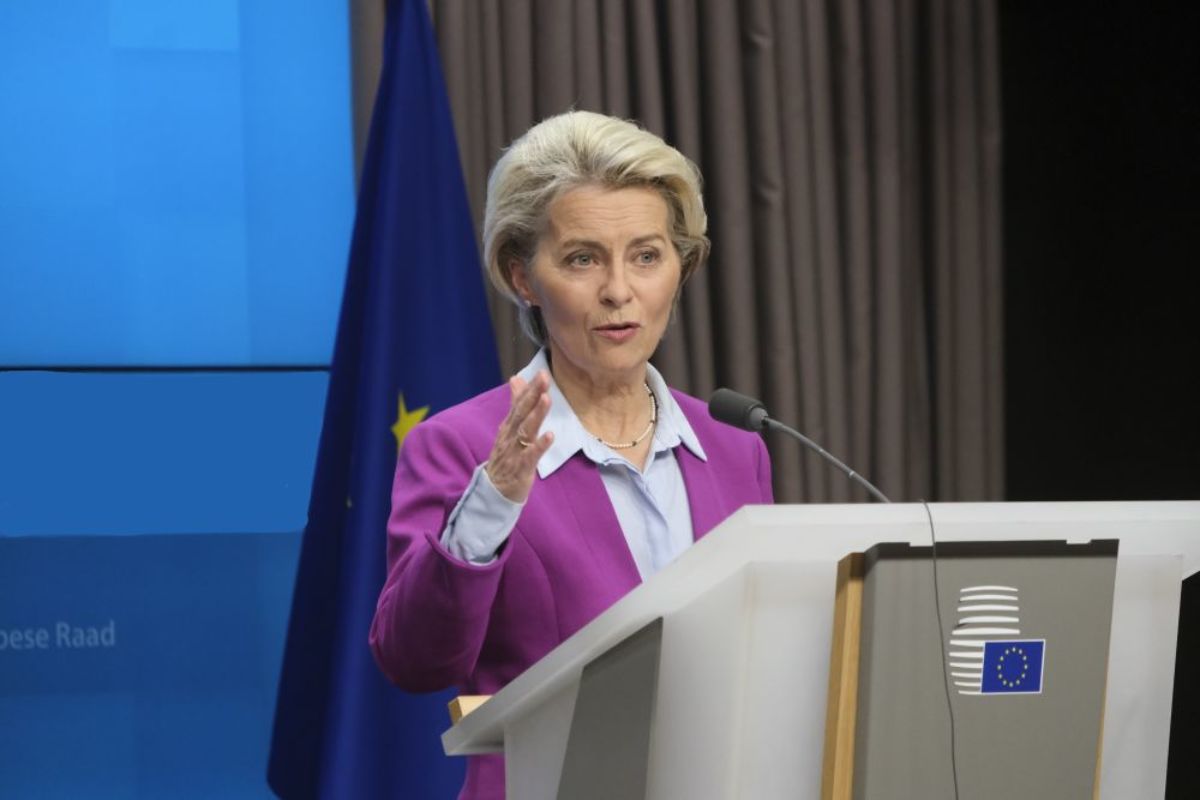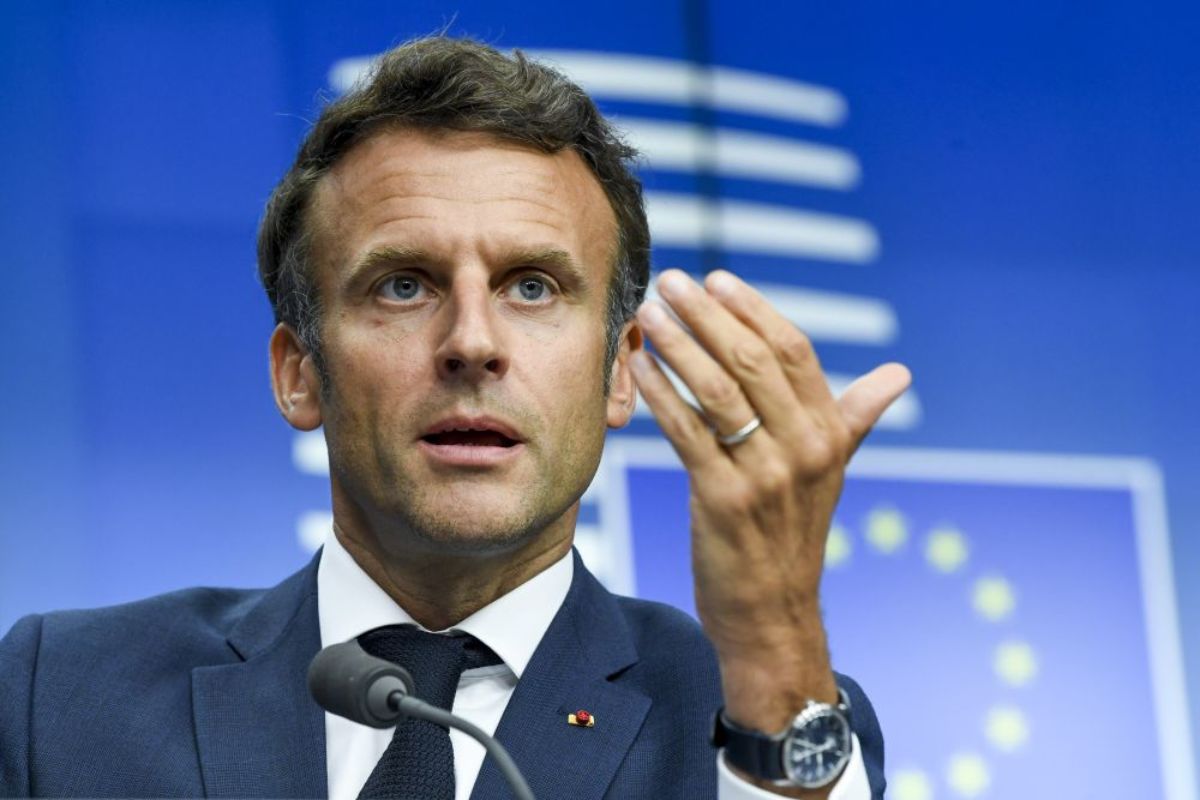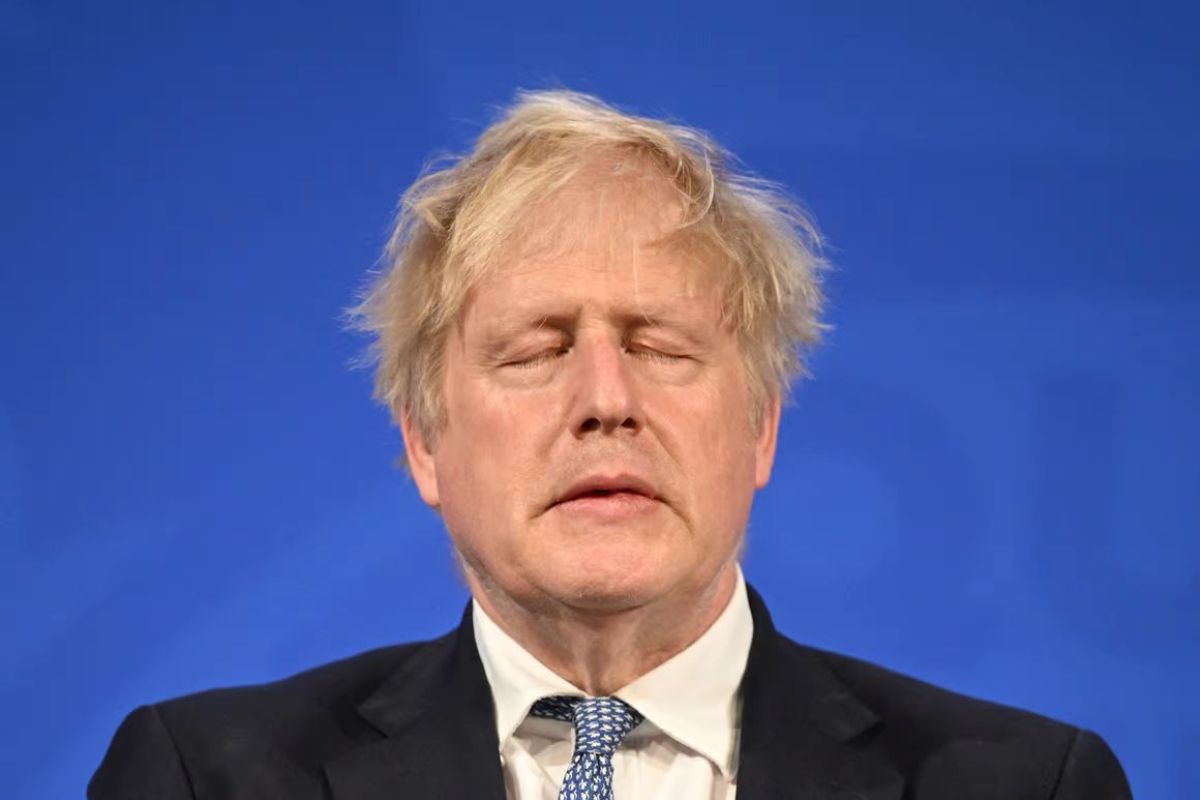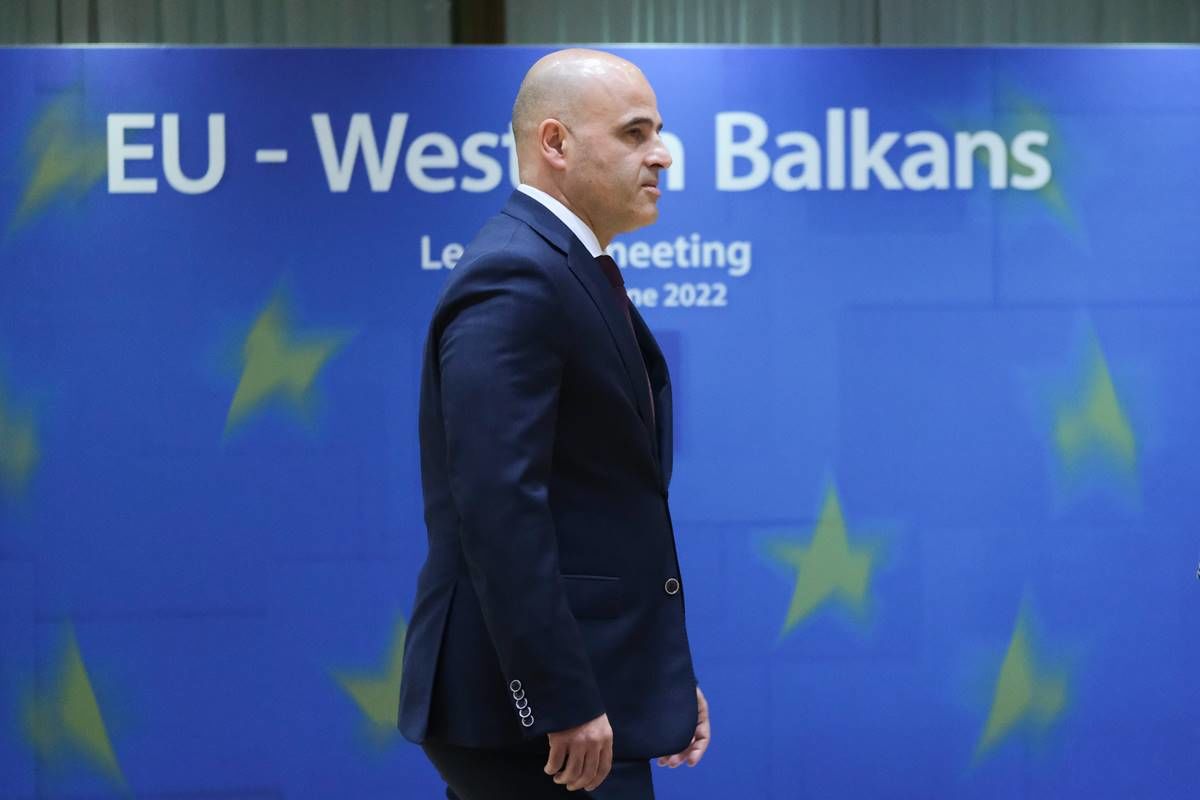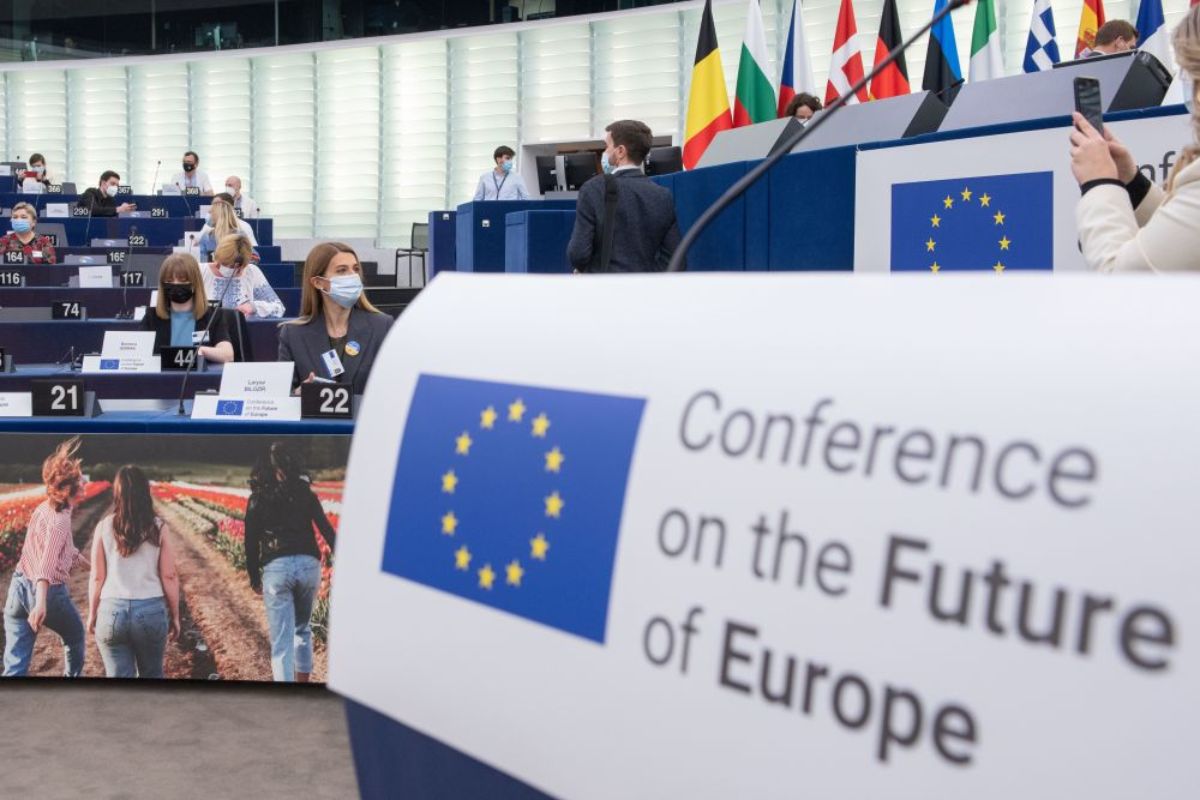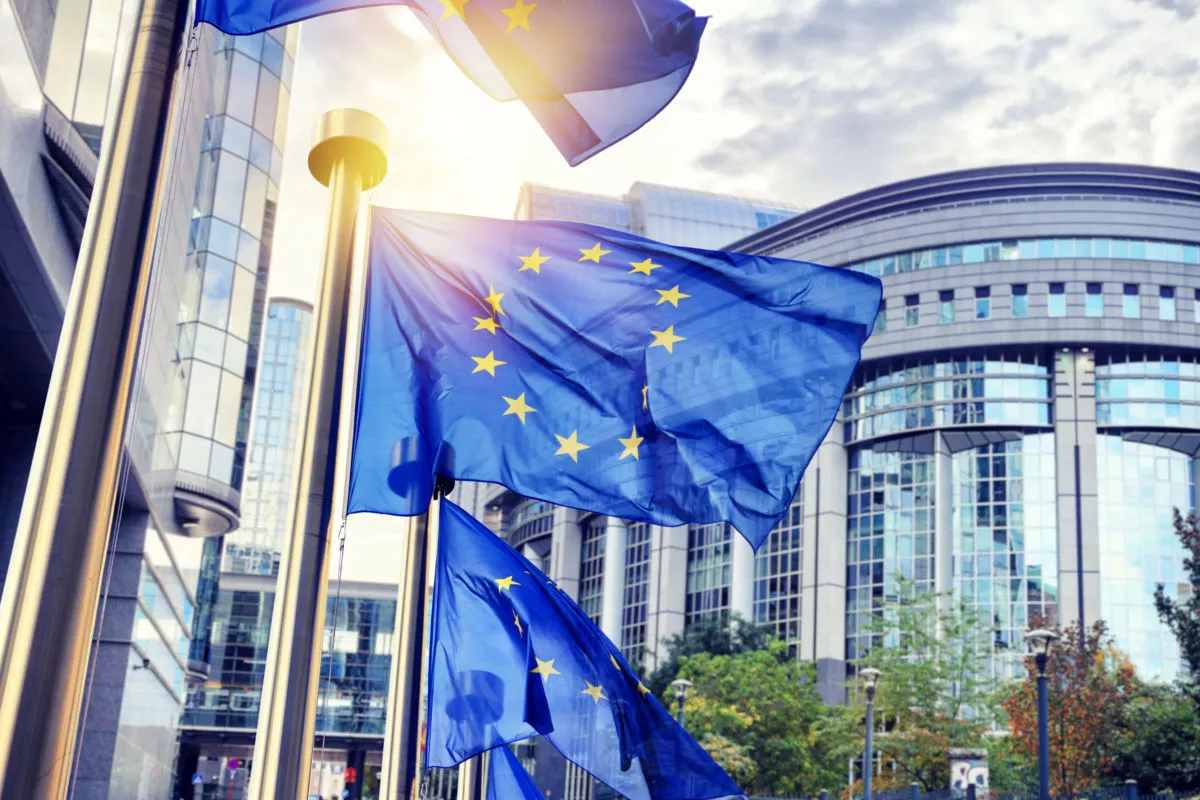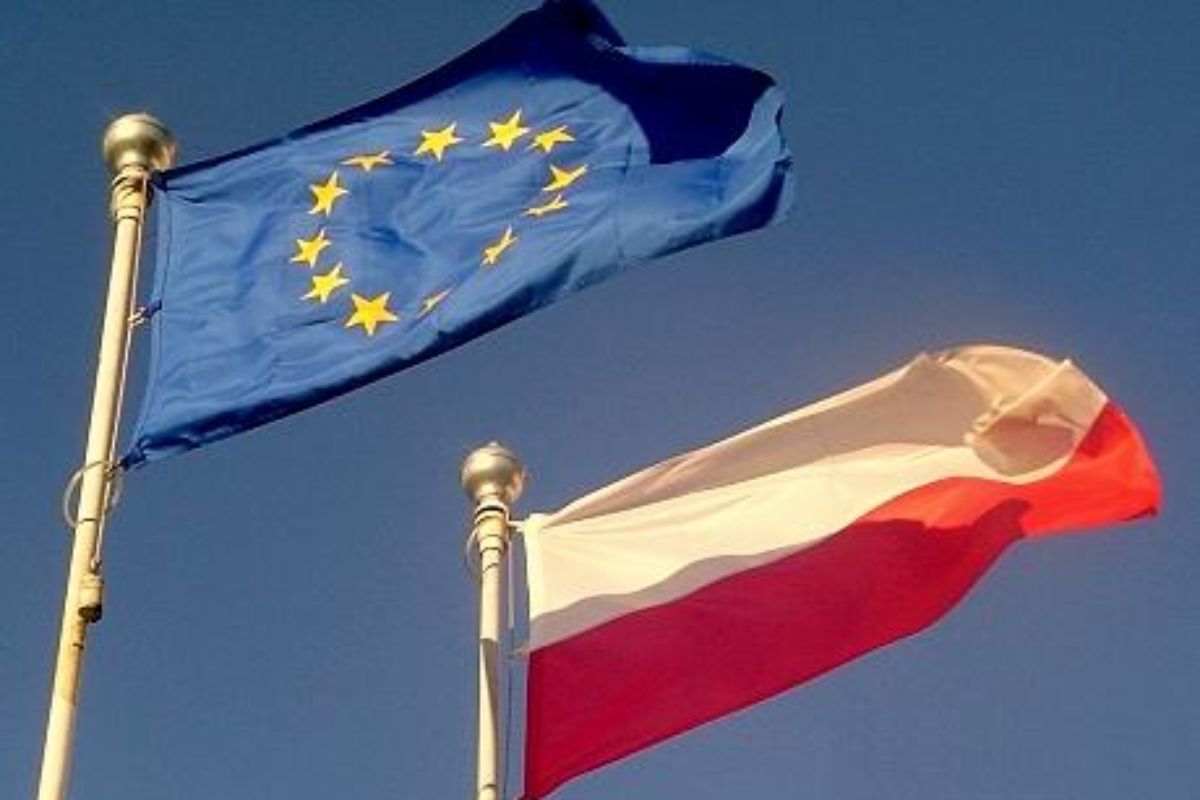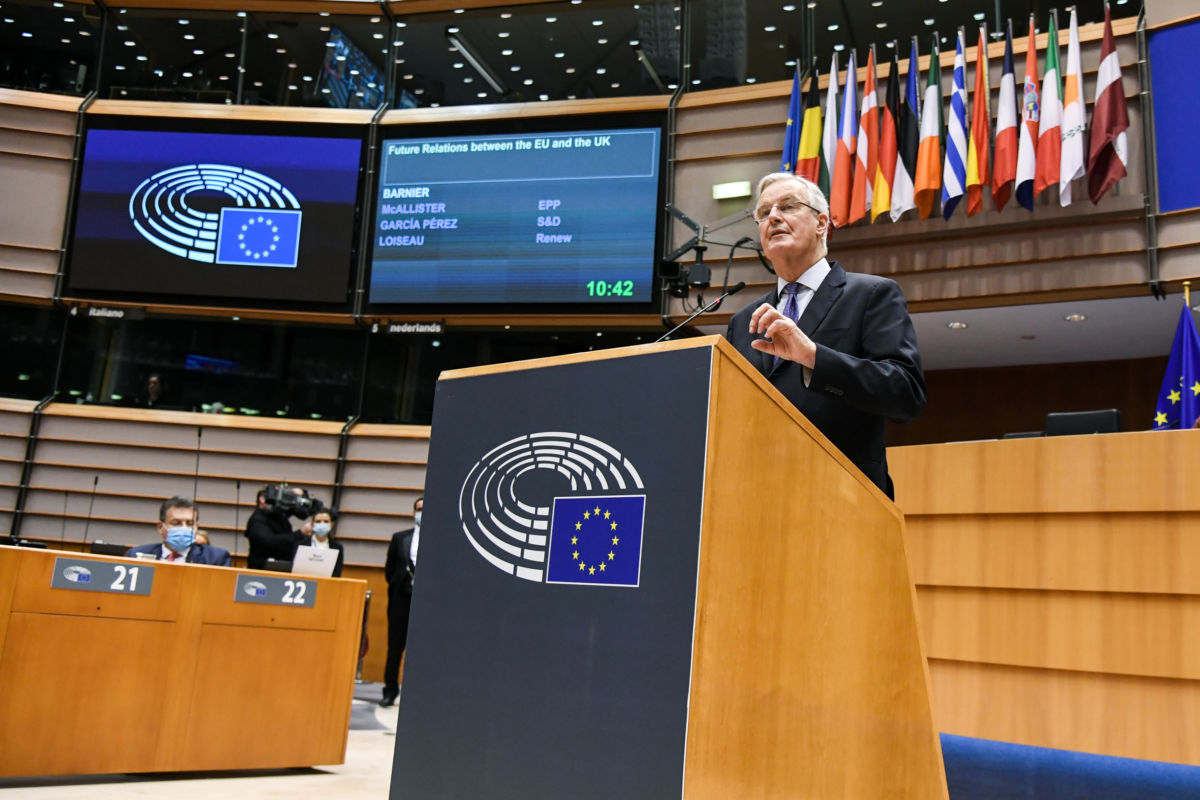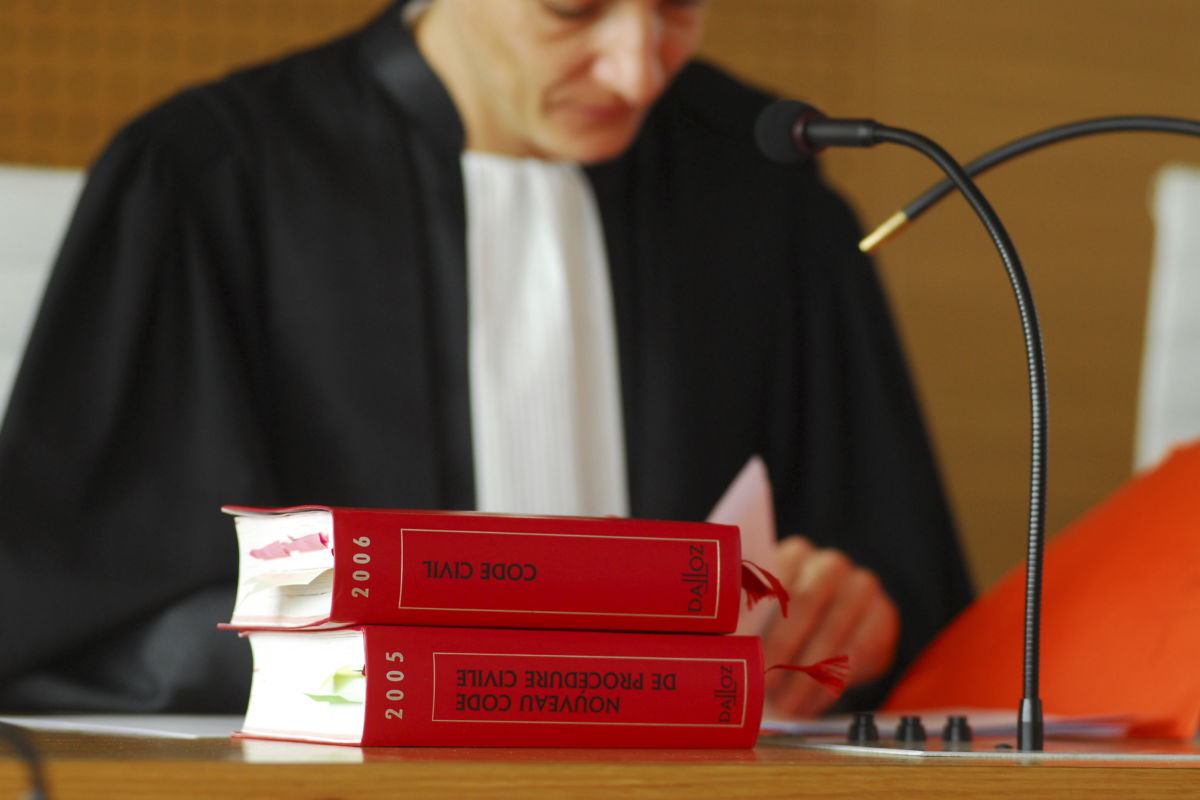Even before the war in Ukraine broke out, the French presidential campaign was struggling to take off. There has been no overarching policy issue, or groups of issues, structuring the campaign. The implications are clear: an estimated 28 % of French voters are still not sure who to vote for on 10 April.
Out of 12 candidates running, the two with the most votes on Sunday will go head-to-head in a second round on 24 April. In France however, how a candidate wins the Presidency is just as important as winning itself. The more votes the candidate gets in the first and second rounds of voting, the stronger their popular mandate.
The expectation is that President Emmanuel Macron, who is leading the polls at 27 %, will be re-elected – but it’ll be close. Up until now, Macron has been criticised for not taking the campaign seriously. Pollsters are predicting high levels of abstention and a narrow victory in the second round. In such a scenario, a second Macron term would be very different to the first.
The absence of political debate
The French President’s remit is broad: he or she is Head of State, Commander-in-Chief and France’s de facto foreign policy chief. They nominate the prime minister, who is responsible for the day-to-day coordination of the French government. They are the person who French voters turn to in times of crisis. This is why presidential campaigns are so important – candidates must talk about everything from pensions reform and electricity bills to France’s place in the world. It’s a battle of ideals as much as it is a battle of ideas.
This year’s election has failed to generate enthusiasm. In 2017, Socialist candidate Benoît Hamon had made universal income his central pledge. Marine Le Pen had promised to take France out of the euro. It’s a lot harder to identify key promises this time round. There have been some TV debates but none planned between all 12 candidates before the first round – though one is scheduled between the final two candidates on 20 April.
This lack of debate will have important implications for the final result. Many could decide to abstain, which is likely to give way to a much closer race. Voters who feel they have been denied a true presidential campaign (where issues are debated at length) are more likely to be uneasy about whoever ends up in office. In such a scenario, it is easy to imagine a resurgence of gillet jaune protests where discontent is expressed on the street, rather than at the ballot box.
The importance of the parliamentary elections
Macron is widely expected to get to the second round, alongside Le Pen for a repeat of their 2017 showdown. This matters in two respects. First, this will be the second presidential election where neither the centre-right Republicans or the centre-left Socialists make it to the final round, a further sign of a fragmented political landscape.
Second, a narrow result could have a knock-on effect on the National Assembly elections on 12 and 19 June. It’s much easier for a President to pass legislation when they can count on the support of a legislative majority. What’s more, the President often waits until after the legislative elections to pick a prime minister to ensure that they are from the party with the highest number of seats – or, failing that, who can secure majority support.
It’s entirely possible that the opposition will secure more seats. This situation, known as ‘cohabitation’, would make it much harder for whoever wins the presidency to pass legislation. If Macron is narrowly re-elected, he is likely to spend the first weeks of his Presidency attempting to rebuild trust with voters ahead of the June elections.
What a Macron victory means for France and Europe
Regardless of the outcome, French society will continue to be divided and French politics torn between a smaller, more concentrated centre, and two extremes. If Macron is re-elected, he will need to gain the confidence of centrist voters on both sides of the political spectrum – especially if he wants to push back against his reputation of being a ‘president for the rich’.
With a second Macron victory, Europe can expect a President who is engaged and committed to the EU. He will continue advocating for the ideas he has been pushing since his Sorbonne speech in 2017. These include making the EU a more capable and competent defence actor, encouraging greater investment in the EU’s key strategic sectors, allowing the EU to generate its own resources and revisiting the EU’s fiscal and Schengen rules.
Whilst France has been hugely influential over the past five years in setting the EU agenda, a majority of French citizens do not think France is influential inside the EU. It is true that none of the 12 candidates support Frexit but French society is divided on how the EU should develop: the green and centre-left candidates would like the European Parliament to have more decision-making powers. Meanwhile, the far-right wants powers transferred back to the national level.
Macron will want to show that his vision for a stronger Europe is the only one that can truly serve France’s and Europe’s interests. He is likely to exert pressure on his European partners to move faster and more efficiently together – perhaps emulating the speed and efficiency of the EU response to Covid-19 and Russia’s invasion of Ukraine.
Macron will use his second term to further cement many of his European ambitions and prove that France remains a key EU player. For this, he will need to secure the trust of his European partners and friends. Germany will remain France’s key partner but Paris will also continue to invest in bilateral relations with other Member States and the EU institutions. It recently concluded a treaty with Italy and has strengthened bilateral cooperation with the Netherlands, to give just two examples.
But Macron will also need to make sure he has sufficient domestic support at home for his grand European ambitions – which, in the case of a cohabitation, or lower levels of support, will be more difficult to sustain.
Like all elections, the outcome on 24 April is hard to predict. But there is a lot riding on its final result, not only for France – but for the whole of Europe as well.
This commentary was originally published on the EPIN website.





